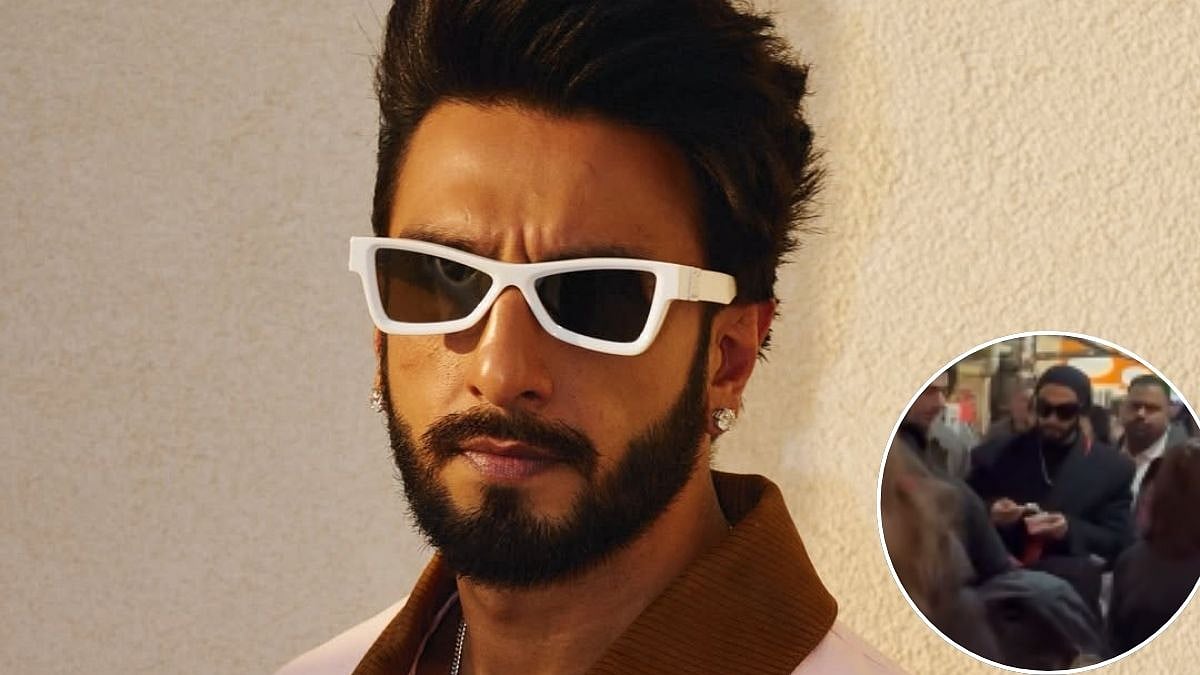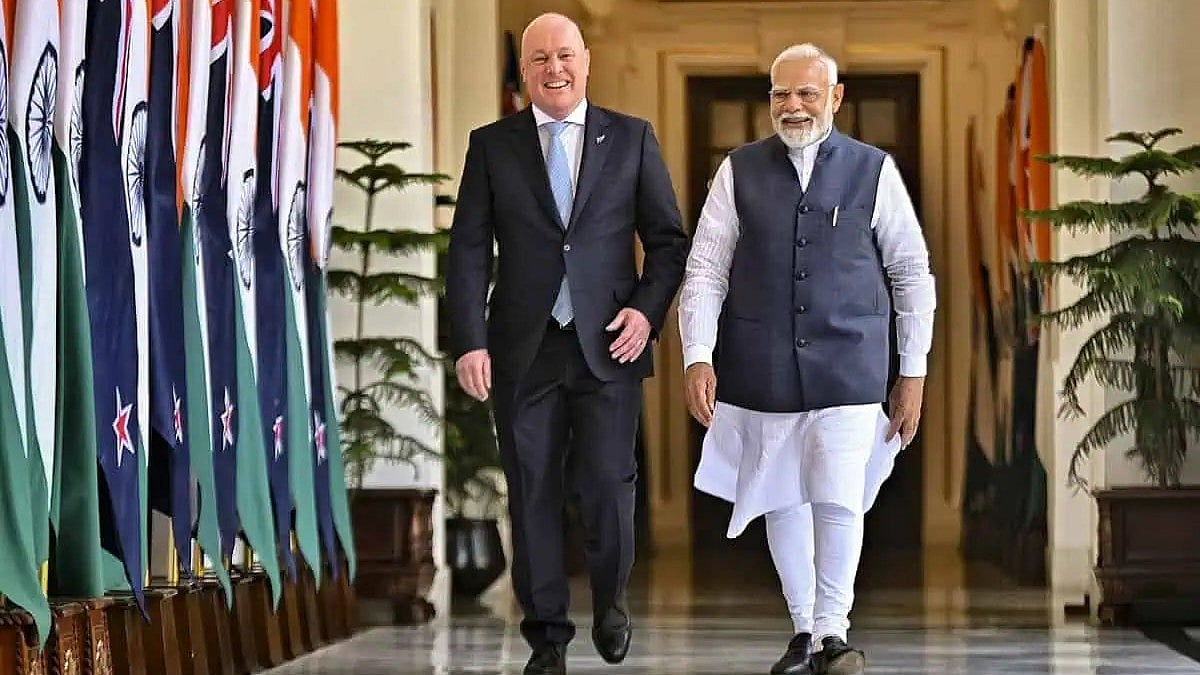Every political regime, from the Congress to the Bharatiya Janata Party, has repeatedly attempted to make the judiciary more committed to the Government. But this should never occur, and the faith of the Indian people in the judiciary will only endure if its commitment to the Constitution is maintained. The judiciary should be committed solely to upholding the Constitution and not to any political regime or individual. This is the most important fact about India’s democratic system and courts for the ordinary individual. Today, the question should not be whether or not the judiciary should obey executive orders, but why it is repeatedly attacked, both by those in high Constitutional positions and by grassroots political leaders.
Vice President of India and Chairman of the Rajya Sabha Jagdeep Dhankar began the winter session by criticising the Supreme Court for striking down the National Judicial Appointments Commission (NJAC). Today, judges are appointed through the collegium system, a closed-door affair of the Supreme Court, and the NJAC was an attempt to involve states in the appointment of judges. The Cabinet Law Minister, the Speaker of the House, and the Chairman of the Rajya Sabha have criticised the collegium system upheld by the Supreme Court on multiple occasions over the past few months. There should be no doubt that the Union Cabinet Minister of Law, along with the other two Constitutional posts, represent the executive, which is the ruling party.
In the same way that free and fair elections and the election of the Government are essential components of India's democracy, so too is the institutional autonomy of numerous Constitutional bodies. It is extremely disgraceful and in no way a source of pride that, in a democracy such as India, every political regime has tried and, sadly, succeeded in abolishing the autonomy of several important Government bodies. Examples include the UGC, election commissions, women's and children's rights panels, the CBI, IT, and the ED, among others. The only difference in this list of constitutional bodies is the judiciary, and more specifically the supreme court. It is the only constitutional body in recent history that had the courage to challenge the ruling regime. And it is neither the first nor the last time the Supreme Court has done so. From Prime Minister Indira Gandhi to Narendra Modi, the Supreme Court has questioned every position of authority. And this is the beauty of the democracy in India. It is a strength of every citizen to be able to challenge the Government actions in court.
In a letter to India's Chief Justice this week, Union Law Minister Kiren Rijiju proposed a search-and-evaluation committee for judicial appointments. The Government's attempt to compel the judiciary to become committed is surprising and shocking. It is reasonable to assume that Mr Rijiju's suggestion represents Government interference in the collegium process. The question is why the Government is not inclined to use legal means to combat the current circumstance. The Government will have every right to request a jurisdictional review of the Supreme Court's decision invalidating the NJAC. Instead of writing suggestions, the Government may approach the legislature and propose alternative amendments, followed by legal review.
Unfortunately, the Government does not pretend to be impartial toward the judiciary. The Union Law Minister's letter is a direct attempt to exert control over the judiciary by circumventing the available legal options. This indicates that the Government's true message to the Supreme Court is to comply. This is both worrisome and frightening, as intimidating the Supreme Court by the ruling Government may be the last thing that occurs in a democracy.
With all due respect, the Vice President of India and Speaker of the Lok Sabha should also investigate the Constitutional values of these positions. No one can ignore the political leanings of those who previously held these significant Constitutional positions. Second, this is the reason why any statement regarding the supreme judiciary or Supreme Court decisions, or the effects of these decisions on democracy, cannot be considered observations. These statements open the floodgates to judicial politicisation. This observation by the highest Constitutional authorities undermines the judiciary's independence, autonomy, and credibility.
Today, both the general populace and those in positions of authority are compelled to believe that the judiciary can be placed under the control of the executive. Such ideas from the top can cause irreparable harm to the institution of the judiciary, because it's not just about the Supreme Court; the magistrate's court in a remote Indian town is also a part of the same system that is currently fighting for autonomy.
Such statements by Constitutional leaders and the ruling Government only serve to intimidate the judiciary and set a bad precedent. In Bengal, for instance, the ruling Trinamool Congress has openly criticised and politically attacked High Court judges Rajasekhar Mantha and Abhijit Ganguly. The TMC spokespersons repeatedly made critical remarks about these judges. Today, Justice Mantha is the target of a massive protest at the Calcutta High Court campus, and his home has been plastered with posters by unknown individuals. Here, the ruling political party had the opportunity to challenge each and every decision they disagreed with by approaching the higher judiciary; however, they chose the political route and created a situation to put him under pressure.
The judiciary is superior to all political parties and is the last resort for all Indians. Today, the repeated assaults on the state's highest judiciary are establishing a bad precedent throughout the state. Time will tell if this will intimidate the judiciary, but there is no doubt that the ruling Government is making every effort to do so, to ensure that the judiciary follows executive directives. It is frightening to see that the Government has set the target and that there are no indications that these attacks will cease. The Indian judicial system should retain its independence. The intimidation of the Supreme Court will have catastrophic effects on the entire judicial system, including the magistrate courts, family court, district court, and high court. It is hypocrisy to boast about the vitality of the Indian democratic system while simultaneously exerting pressure on the judiciary.
The writer is a doctoral research scholar in media and politics. He tweets @sayantan_gh. Views expressed in this article are personal









